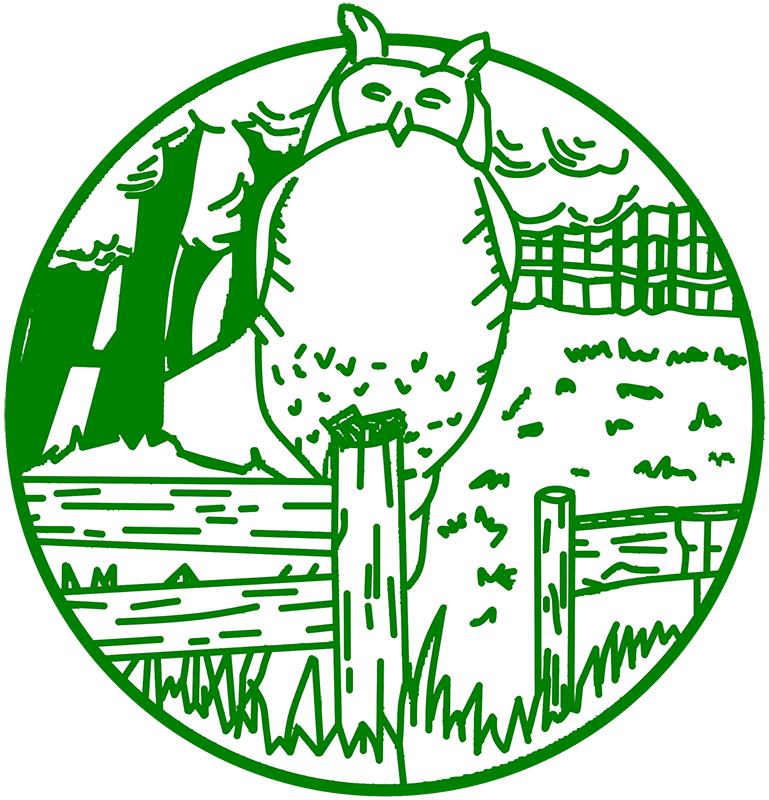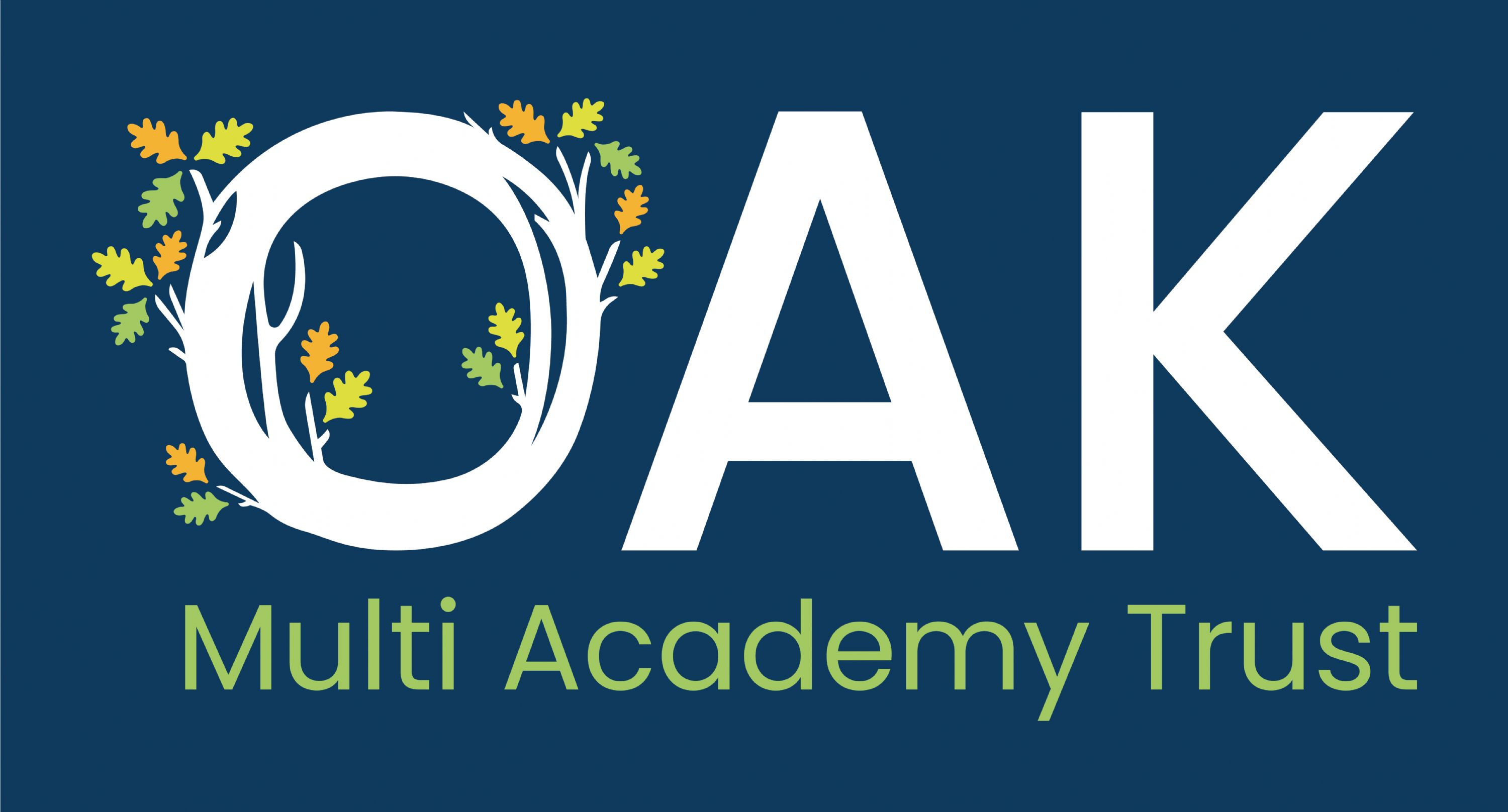EYFS
Welcome to the Foundation Stage
Creating a positive start to your child's journey at school is crucial. At Woodland Grange we want our children to be active, independent learners from their very first day with us.
- We encourage them to be curious and imaginative.
- We teach them to ask and answer questions — find things out & explain to others.
- We want our children to be aware of the world around them.
- We encourage them to be independent.
Forest School and outdoor learning is a big feature at our school. This helps the children develop their physical skills and core strength, which is vital for everyday life at school and beyond. It also provides many open-ended learning opportunities, which in turn creates team work, problem-solving and allows the imagination to flourish.
Our PE day is on a Friday- Please remember to send your child into school wearing their PE kit.
Please ensure that children have their waterproofs and willies in school all year round, as well as a set of spare clothes.
Here is the menu for 2023/24. As a school we are option 1 & 3, please click here for the menu.

Dates for the Diary
- Monday 29th April- An Ambulance will be visiting the school
- Thursday 2nd May - Foundation Stage base being used as a local polling station, Children will be using the school hall for the day (More information to come)
- Friday 3rd May - Colour Dash
Week Beginning 6th May 2024
Focus Text : The Rainbow Fish
Phonics
We are now beginning to cover some of the more complex digraphs/trigraphs within our daily phonics sessions and children are working hard to apply these to their independent writing. Please see the image below which identifies which sounds we will be covering this week.

Maths
This week, the children will review the composition of the numbers 6 to 9 using the ‘5 and a bit’ structure, and then begin to explore how 10 can be composed. They will also develop a sense of the ‘ten-ness of 10’ by making their own collections of 10 objects.
When exploring how 10 can be composed of 2 parts, the focus is on developing the children’s ability to subitise the parts in structured arrangements. A key representation to support this will be the double dice frame, which will allow them to build on their experiences in Week 23. The children will be encouraged to recognise a larger part of 10 when it is presented in the ‘5 and a bit’ structure, and then subitise the smaller part. They will also be encouraged to see how finger patterns can be used to represent 2 parts of 10, using the ‘fingers up and fingers down’ approach that was used when exploring the composition of 5. The children can also be given opportunities to see the composition of 10 represented on a 10-frame.
Connections
The children will already have experience of subitising small quantities and will use their existing skills to identify the ‘5 and a bit’ structure of the numbers 6 to 9. They will have previously built towers of blocks and made patterns of numbers to 10 in different ways, and they will build on these skills to further explore numbers between 5 and 10.
When the children can compose and flexibly de-compose numbers mentally, they will become more fluent in their knowledge of number bonds and will be able to use this knowledge to become efficient when calculating in Key Stage 1 and Key Stage 2. Understanding and recalling how 10 can be composed is especially important as it underpins our number system.
In the classroom you will see...
We will be beginning our new text this week, The Rainbow Fish. This text is a lovely story which has a focus on lots of the PSED skills we work hard on at school. We will be looking at sharing, kindness, friendships and exploring a range of different feelings. The children this week will be tasked with writing a kindness note to someone in the base and delivering them into their homebox. This will encourage lots of children to think of something positive to share about somebody in the class and help to encourage acts of kindness. We will be using paints to colour mix and create our own rainbow fish on the creative table. The small world area will have a range of props, masks, story stones and sequencing cards to allow children to reenact the story and secure their understanding of the text by sequencing the story. We will be working on our fine motor skills by using marbles and tweezers and a range of mathematical resources to help to embed the recent skills we have covered within our focused maths sessions. We will be doing some more 'hot-seating' activities and thinking about how the Rainbow fish felt when he lost his friends.
Our role-play area will be transformed into a hairdressers, which follows lots of interests the children have shown recently. Children will be taking on different roles, booking appointments and role-playing between hairdressers/ customers in our Woodland Grange hairdressers. Our Bubble Tea café has been a hit last week and will remain in the base to support children in their imaginative play. In this café, children will be designing their own bubble tea drinks, ordering by size, exploring capacity by making their own drinks, as well as a range of other skills to support their imaginative play.
Other areas of the curriculum....
RE - We will continue to look at similarities and differences between some places of worship and children will be encouraged to share their individual experiences.
Music - We will be continuing the unit of Pitch
Topic - We will be looking at kindness and sharing and different examples of these at home and school
PSED - We will be thinking about our prized possessions/things that are special to us, and sharing what makes them special.
PE - To follow instructions and move safely when playing tagging games. In this unit, children will practise and further develop their fundamental movement skills through a range of different themes. Children will learn and develop these skills by playing a variety of games. They will also learn how to work as a team, take turns, keep the score, play against an opponent and play by the rules.
Week Beginning 29th April 2024
Focus Text : Clean Up - Nathan Bryon (continued)
Phonics
We are now beginning to cover some of the more complex digraphs/trigraphs within our daily phonics sessions and children are working hard to apply these to their independent writing. Please see the image below which identifies which sounds we will be covering this week.

Maths
This week, the children will review the composition of the numbers 6 to 9 using the ‘5 and a bit’ structure, and then begin to explore how 10 can be composed. They will also develop a sense of the ‘ten-ness of 10’ by making their own collections of 10 objects.
When exploring how 10 can be composed of 2 parts, the focus is on developing the children’s ability to subitise the parts in structured arrangements. A key representation to support this will be the double dice frame, which will allow them to build on their experiences in Week 23. The children will be encouraged to recognise a larger part of 10 when it is presented in the ‘5 and a bit’ structure, and then subitise the smaller part. They will also be encouraged to see how finger patterns can be used to represent 2 parts of 10, using the ‘fingers up and fingers down’ approach that was used when exploring the composition of 5. The children can also be given opportunities to see the composition of 10 represented on a 10-frame.
Connections
The children will already have experience of subitising small quantities and will use their existing skills to identify the ‘5 and a bit’ structure of the numbers 6 to 9. They will have previously built towers of blocks and made patterns of numbers to 10 in different ways, and they will build on these skills to further explore numbers between 5 and 10.
When the children can compose and flexibly de-compose numbers mentally, they will become more fluent in their knowledge of number bonds and will be able to use this knowledge to become efficient when calculating in Key Stage 1 and Key Stage 2. Understanding and recalling how 10 can be composed is especially important as it underpins our number system.
In the classroom you will see...
As we continue our focus text, Clean Up, we will be exploring more ways to be environmentally friendly and look after our planet. We will be using our phonics knowledge to create posters of different ways we can help to protect our planet, to encourage others to make small changes. We will be creating a collaborative art piece to showcase on a display board in the classroom. All children will be involved in using a range of materials, some of which will be recyclable, to create a big under the sea masterpiece!
The children will be using ten frames and counters, focusing on the nursery rhyme '10 fat sausages' and the mathematics that occurs within the rhyme. Children will use a range of props to support them to retell and explain the maths within the rhyme.
Our role-play area will continue to be a recycling centre. This is being enhanced with a range of dress-up clothes. dress-up clothes will be the uniforms of a range of different occupations, specifically people that help us. We will also be opening a brand new Bubble Tea café in the base to follow the interest that some of the children have recently shared. In this café, children will be designing their own bubble tea drinks, ordering by size, exploring capacity by making their own drinks, as well as a range of other skills to support their imaginative play.
Other areas of the curriculum....
RE - We will be looking at similarities and differences between some places of worship
Music - We will be continuing the unit of Pitch
Topic - Looking at a range of occupations, we are lucky enough to have a real ambulance come into the school for us to visit and explore.
PSED - We will be looking at the NSPCC Pantosaurus book which looks at the power of PANTS to help children understand their body belongs to them.
PE - To follow instructions and move safely when playing tagging games. In this unit, children will practise and further develop their fundamental movement skills through a range of different themes. Children will learn and develop these skills by playing a variety of games. They will also learn how to work as a team, take turns, keep the score, play against an opponent and play by the rules.

